Every one faces hardship at some point in life. It is an unavoidable part of the human condition. Yet though we may know this intellectually, most of us do not actually factor the inevitability of hardship into our daily expectations or long‑term plans. In law enforcement, the reality of hardship becomes evident sooner than in other professions. From our first days on the force, we encounter crime scenes, angry confrontations, violence, loss, and tragedies that most people cannot imagine. We often step into situations others spend their entire lives avoiding. We respond where others run away.
As champion boxer, Mike Tyson, once noted, “Everyone has a plan until they get punched in the mouth.” In this profession, the punch in the mouth might be the sudden loss of a fellow officer, the haunting memory of a broken child we could not save, or the sound of gunfire in the dark. These moments shake us. They bruise more than our bodies—they bruise our souls. And like champions who eventually fall after years of victory, even the strongest officers will confront defeat, failure, and heartbreaking loss at some point.
These defeats, hardships, and calamities often form what we call trauma. Trauma is a deep emotional response that rises out of distressing experiences, especially when those events are severe, sudden, or unpredictable. Every officer who serves long enough will encounter something that embeds itself deeply, refusing to leave the heart and mind without a struggle. Those moments create unique challenges.
Trauma makes people lose their sense of safety. It can strip us of identity, bombard us with emotions, and strain our relationships with family, partners, and community. An officer may begin to feel powerless or helpless, even while still putting on the uniform. Nausea, headaches, fatigue, nightmares, and flashbacks can come without warning, disrupting home life and making it difficult to enjoy even quiet moments. Trauma is more than pain; it is pain that echoes.
Why does this happen?
Trauma often collides with our deepest assumptions. Every one of us, consciously or unconsciously, develops beliefs about the world and our role in it. We form expectations about fairness, justice, order, and even survival. Many officers, before facing the harsh reality of the streets, carried an unspoken idea that things would generally work out the way they should. But when crisis comes, when we witness the worst of humanity, when evil seems unchecked and violence seems to win, those global beliefs feel shattered.
Trauma is what happens when the world we trusted to make sense no longer fits the experiences we’ve had to endure. At that point, we are forced to either reinterpret the traumatic event through the lens of what we once believed, or reshape our belief system to incorporate the new, painful reality of what we have seen. Either way, the heart and mind bear the weight of re‑ordering one’s world. Trauma is what happens when the world we trusted to make sense no longer fits the experiences we’ve had to endure. Share on X
Some who walk this path sink deeply into despair. They begin to live only in the shadow of suffering, unable to anticipate any brighter future. They carry on with duty because duty must be done, but their inner life grows darker and emptier. When this occurs, researchers and doctors identify the condition as some form of post-traumatic stress disorder (PTSD).
Not everyone who suffers PTSD remains in this condition. Law enforcement is filled with stories not only of tragedy but of recovery—of those who have endured undeniable pain yet have found their way back to strength. Counselors and psychologists call this resilience—the ability to return to one’s prior levels of mental, physical, and spiritual health with an inner toughness that refuses to let trauma win the final word. For those in uniform, resilience means showing up again tomorrow despite today’s pain. It means refusing to quit, refusing to surrender our calling even when everything inside us feels heavy. Resilience is not pretending the trauma never happened; it is facing it, absorbing it, and still writing the next chapter.
Some who have suffered trauma respond in a manner that exceeds their ability previous ability to perform and thrive, exceeding and experiencing something greater than resilience. Instead of only returning to their former strength, they actually grow stronger, deeper, and more faithful after trauma than they were before. Researchers call this phenomenon post‑traumatic growth. For some, suffering reshapes them in positive ways they never expected. Officers who experience this growth don’t simply recover; they thrive.
Through suffering, people who experience post‑traumatic growth discover stronger relationships, deeper compassion, a renewed sense of possibility, and an appreciation of life that cannot be taken for granted again. They uncover strengths they never realized they had, step more fully into their spiritual journey, and find themselves flourishing in the very place where they once felt broken. Remarkably, this growth happens not despite trauma but because of trauma.
Why and how does this happen for some of us? Researchers have identified an important explanation called “meaning‑making.” Put simply, this is the process of taking trauma and weaving it into a larger framework where it no longer just stands as raw pain, but becomes part of a greater story.
For the Christian officer, meaning‑making is inseparable from our faith in Christ and our understanding of God’s larger story of our lives. We do not suffer in randomness or chaos but in the context of a larger, divine purpose. When we bring our wounds before God, He redeems them. He transforms brokenness into testimony. Trauma no longer defines us; it is, instead, the tool by which God refines us. When officers find meaning through Christ and His Word, they experience greater wellbeing, fewer destructive habits, lower risks of depression or despair, and a far greater resistance to the lure of suicide. Meaning is not an optional coping tool; it is the lifeline that keeps the soul anchored amid the storm.
But this meaning is not something we can manufacture on our own. The greatest strategies and mental health practices have value, yet they are not sufficient without the power of the One who conquered death. For believers in uniform, there is no greater assurance than knowing that Jesus Christ Himself endured trauma, suffering, abuse, violence, and ultimately death—and yet rose victorious. His resurrection stands forever as proof that trauma does not tell the final story. The grave could not hold Him, and when we are united to Him by faith, neither can our trauma hold us. He is not just a model of perseverance; He is the source of resurrection power that breathes life into us again.
For police officers carrying the weight of scars—both seen and unseen—this is the hope that sustains us.
The badge may expose us daily to brokenness, but Christ covers us with His presence. The darkness of crime and tragedy may press in, but the light of the gospel shines brighter. Every officer of faith carries not only a weapon at the side but a greater weapon in the soul: the indwelling Spirit of God, who strengthens, heals, and empowers. This is what keeps us moving forward, even after the hardest days. This is what allows us to stand resilient, to grow through suffering, and to testify that no blow, no trauma, and no defeat can take away what Christ has secured for us. When united to Him, our trauma cannot hold us any more than the grave could hold Jesus.
If you aren’t yet united to Jesus as your Savior, there is no better time than now. To learn more about trauma, post-traumatic growth, and how these two things contribute to human flourishing as they establish the reliability of the Bible, please read The Truth in True Crime: What Investigating Death Teaches Us About the Meaning of Life.
J. Warner Wallace is a Dateline featured cold-case homicide detective, popular national speaker and best-selling author. He continues to consult on cold-case investigations while serving as a Senior Fellow at the Colson Center for Christian Worldview. He is also an Adj. Professor of Christian Apologetics at Talbot School of Theology, Biola University, and a faculty member at Summit Ministries. J. Warner presently serves as a chaplain for his agency and holds a BA in Design (from CSULB), an MA in Architecture (from UCLA), and an MA in Theological Studies (from Gateway Seminary).



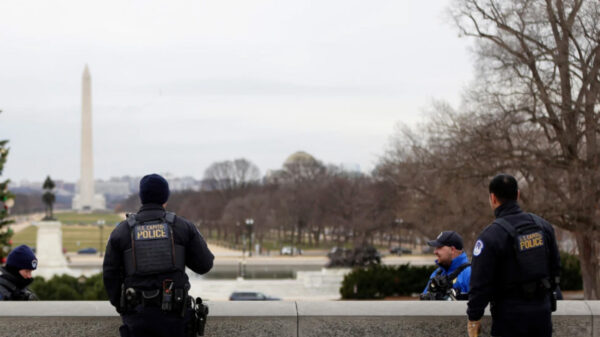

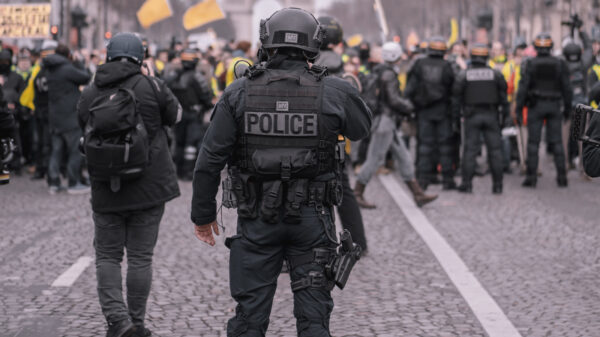








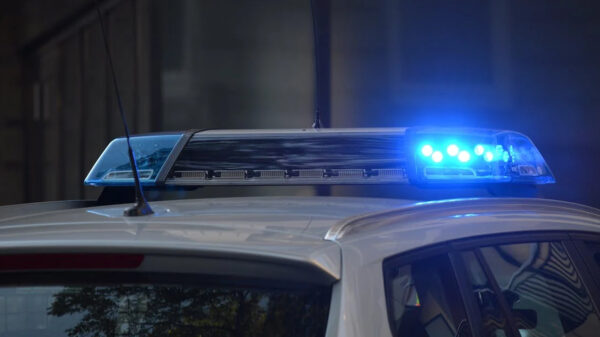
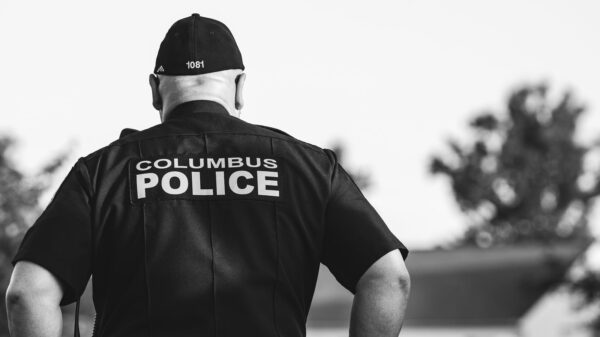
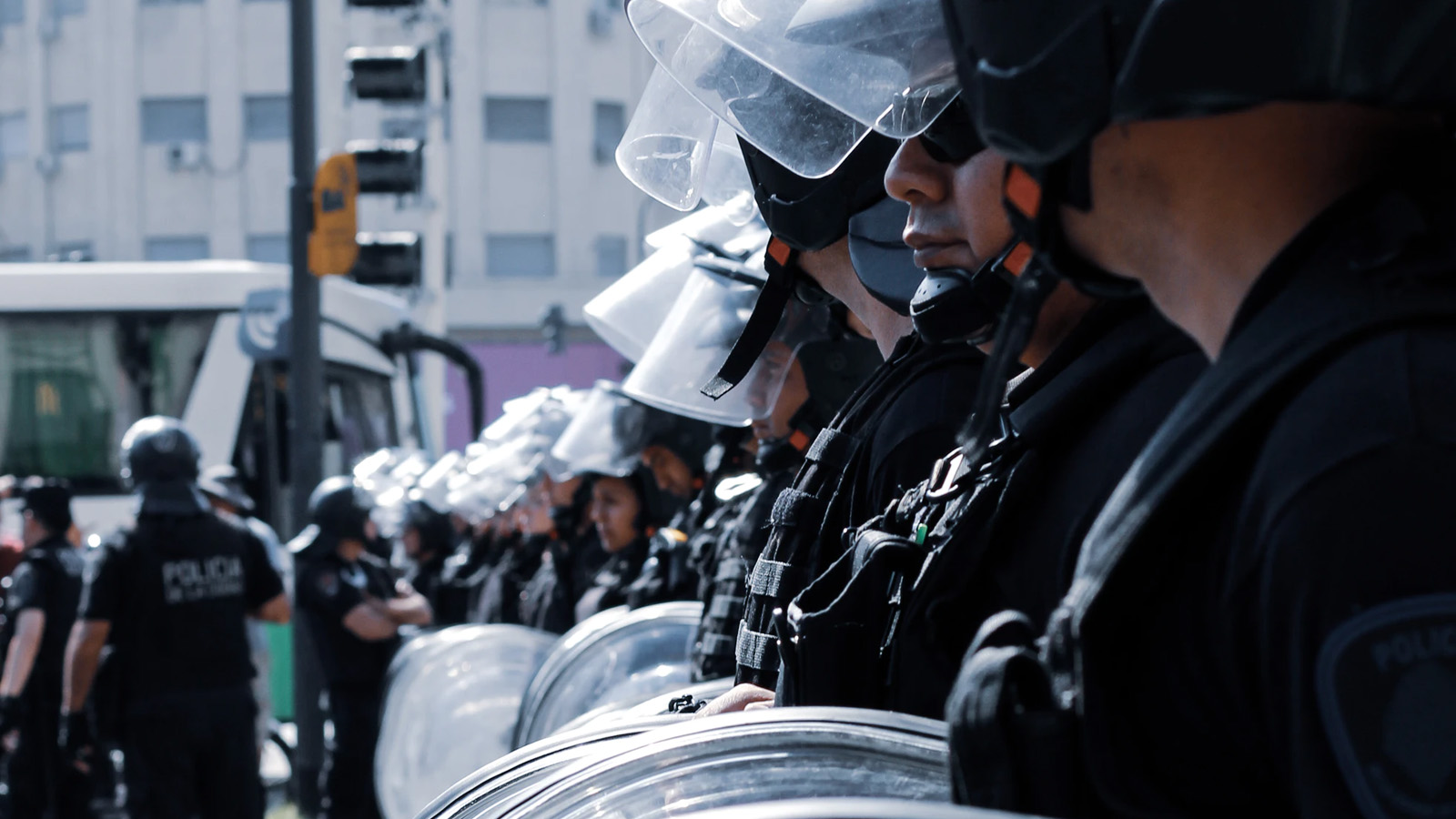



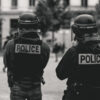









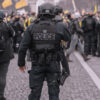



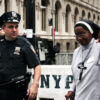


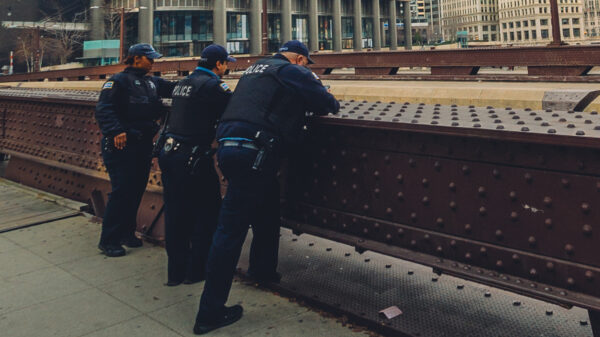
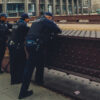
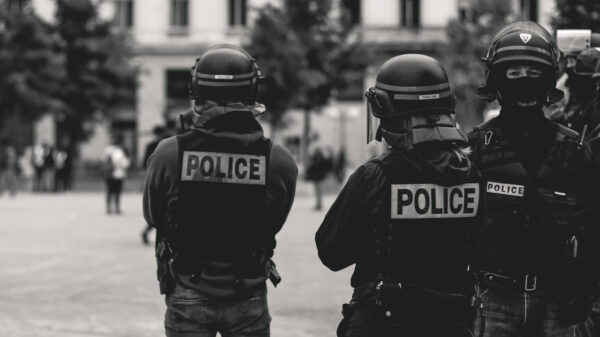
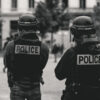


Michael C Williams
August 21, 2025 at 10:22 pm
Well said brother.
Pingback: When 83% of Cops Are Hurting: Finding Real Resilience Beyond the Badge - The Thin Blue Life